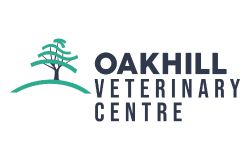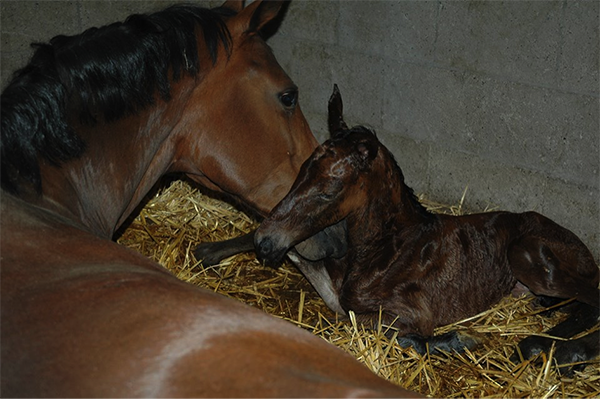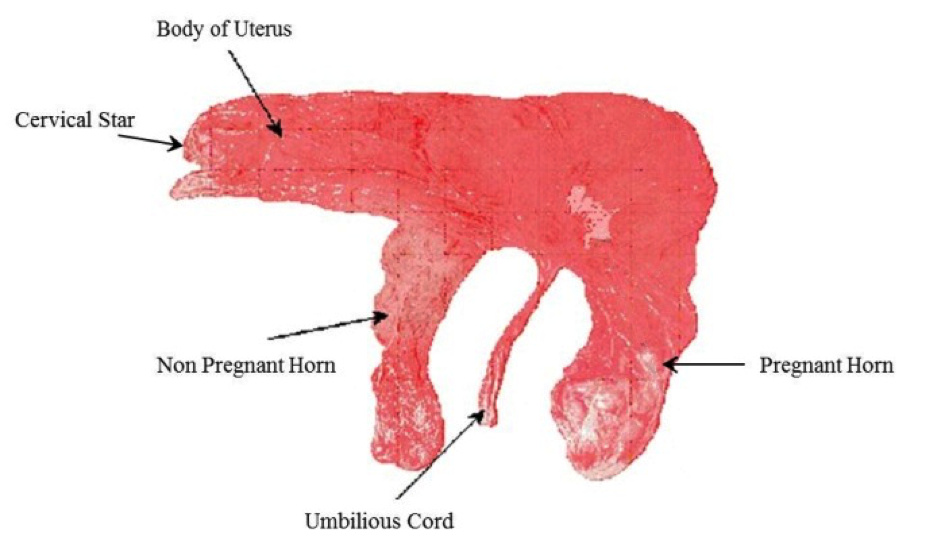“I was lucky enough to be invited on a HIPRA trip to Spain recently to look at their vaccine manufacturing facility near Barcelona. As part of the trip, we also visited one of the local dairy farms and had an interesting insight into dairying in this part of Spain.”
Catalonia is situated in the north-west of Spain and is a region associated more with vineyards than dairy farms!
By Spanish standards the region is warm with moderate rainfall but it felt like our summer when I was there at the beginning of April.
The farm we visited is a member of a local cooperative supplying milk to both liquid and cheese producing markets. The current milk price was 32 cents per litre (28 ppl) but the farm is in the process of organic conversion – the organic price is currently 60 cents per litre (52 ppl)!
There were 210 cows on the unit, being milked twice daily and averaging 34 L / cow / day. The cows are housed all year round and fed a mixture of zero grazed grass, maize, grass silage and lucerne – bought in feed was minimal but did include a soya blend. The move to organic is going to mean the cows will be grazed at least 2 hours every day.
The milkers were cubicle housed on straw bedding and fed a TMR once daily – there were no OOP feeders or in parlour feeding. There were 2 cow groups based on days in milk and a separate milking heifer group. Dry cows and in calf heifers were on loose bedding and fed a dry cow TMR.
Mastitis rates were low although the farm has started to vaccinate against mastitis as environmental e-coli type mastitis has been an issue in the past. The farmer now performs on-farm milk culturing of mastitis cases and no longer treats certain types of mastitis with antibiotics.
The aim is to calve heifers at 24 months and the farm is now using a mix of sexed Holstein semen and Aberdeen Angus semen across the herd. The market for Holstein bull calves continues to shrink.
Heat stress is a major issue in this region and the farm has recently installed a sprinkler system alongside fans to try and combat this. Fertility is a huge challenge during the summer and the annual number of services per conception is 2.7; worse in summer. The farm was on weekly vet visits and synch programs are used to drive submission rates.
The farm is now using automated body condition scoring technology to monitor individual cow performance – this helps identify individual problem cows but also helps to highlight trends across groups of cows.
On the vet side of things there were some interesting differences between Spain and the UK. The farmer’s vet is not allowed to sell prescription meds – instead they issue prescriptions to the farmer who buys them through a local pharmacy. The veterinary services are paid on a set monthly contract, this includes fertility work, herd health planning and call outs. The farm also uses a vet for herd nutrition and an external veterinary consultant for milk quality.
There is a strong focus on profitability, including annual costings and benchmarking all farms within the co-op.
Alongside this, the farm tries to engage with the local community and consumers by encouraging school visits and having regular open days on weekends.

 A normal birth usually takes about 30 minutes without any help. Directly after the foal is born the umbilicus is still attached. It is important to leave the mare and foal attached for as long as possible. The umbilicus will break at the right time and place, there is no need to cut it. The first couple of hours are important for the foal to drink enough colostrum. Colostrum is full of antibodies necessary for the immunity of the foal.
A normal birth usually takes about 30 minutes without any help. Directly after the foal is born the umbilicus is still attached. It is important to leave the mare and foal attached for as long as possible. The umbilicus will break at the right time and place, there is no need to cut it. The first couple of hours are important for the foal to drink enough colostrum. Colostrum is full of antibodies necessary for the immunity of the foal. The placenta should be detached from the mare within 4 hours after parturition, it is important to check if the placenta is complete (needs to look like a pair of trousers). If the placenta has not come out within 4 hours, or is not complete it is important to contact the vet.
The placenta should be detached from the mare within 4 hours after parturition, it is important to check if the placenta is complete (needs to look like a pair of trousers). If the placenta has not come out within 4 hours, or is not complete it is important to contact the vet.